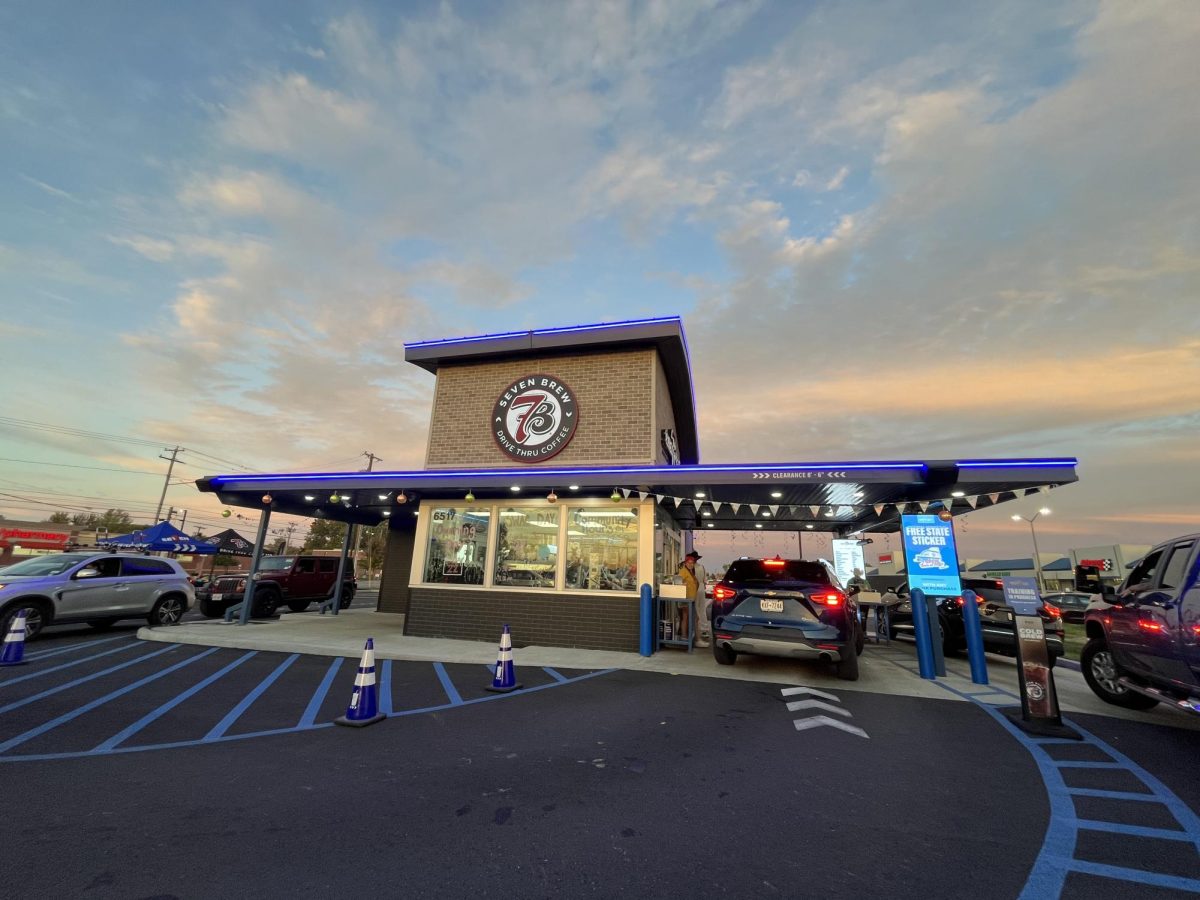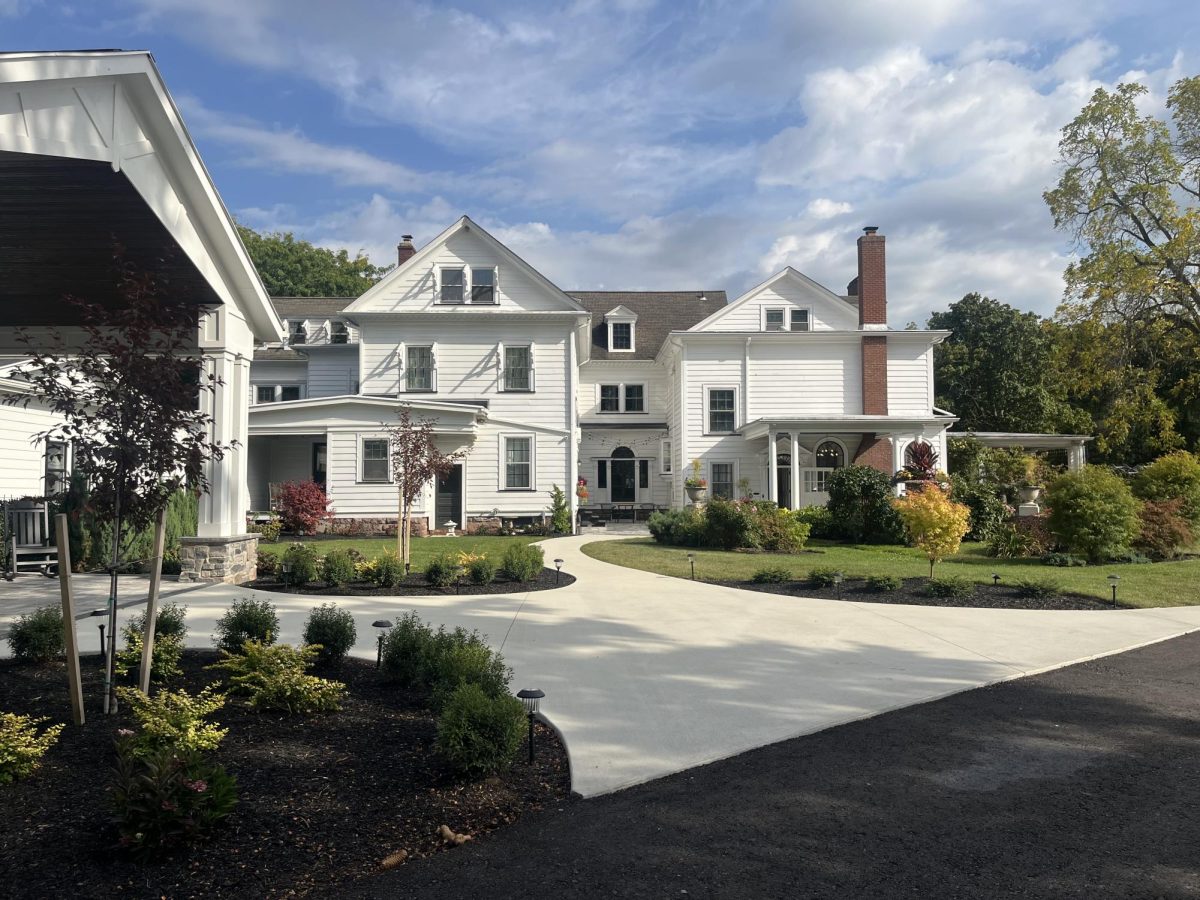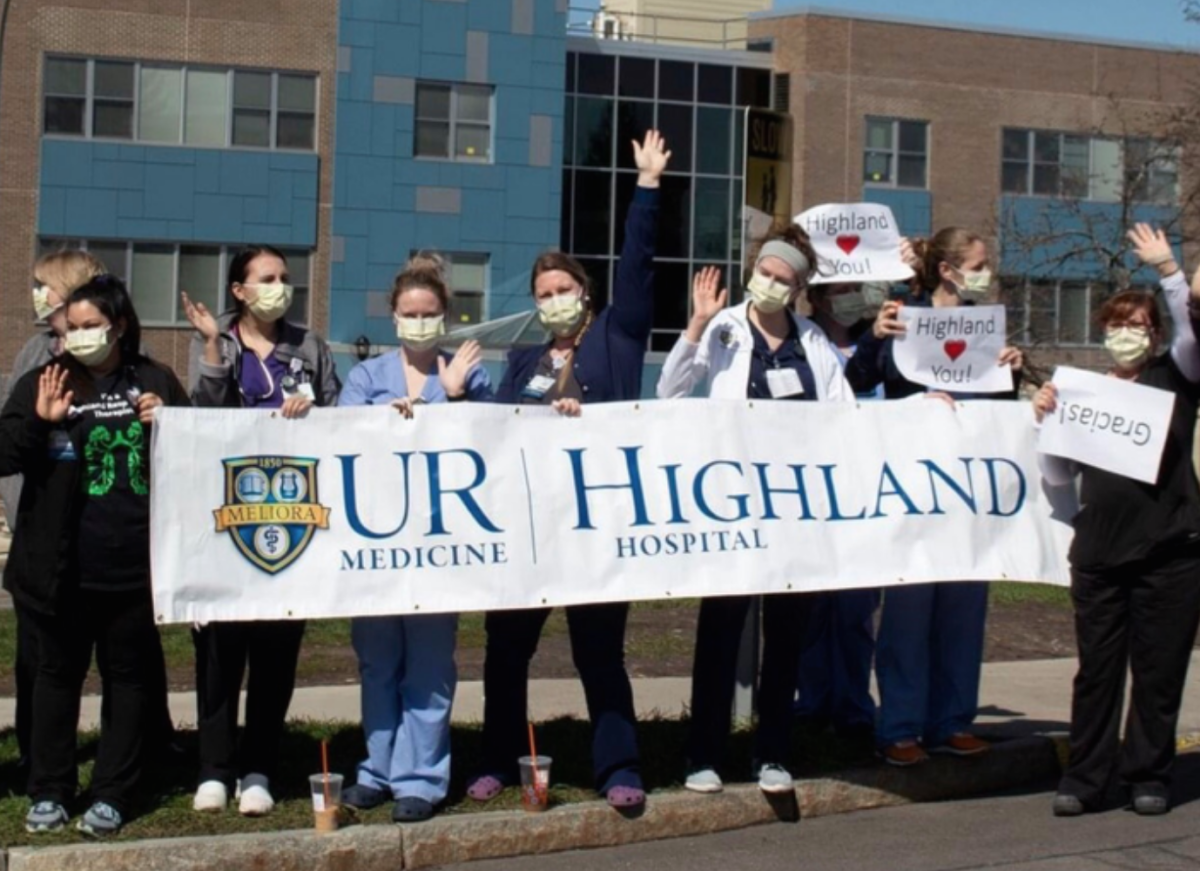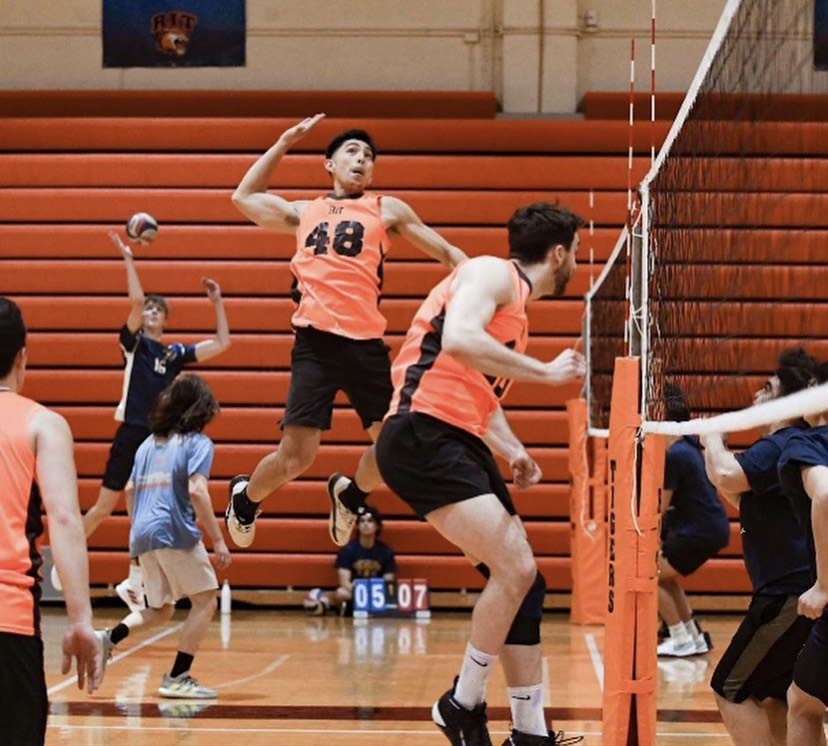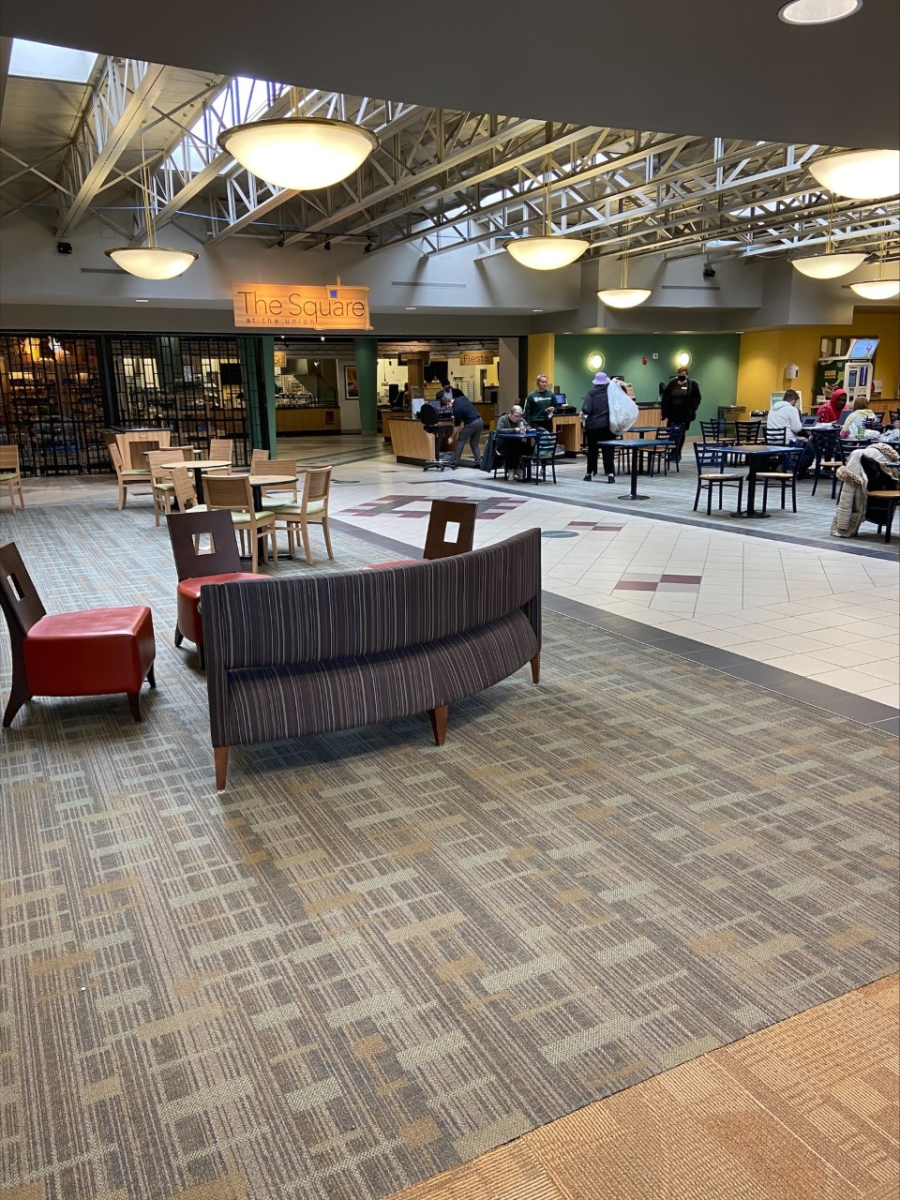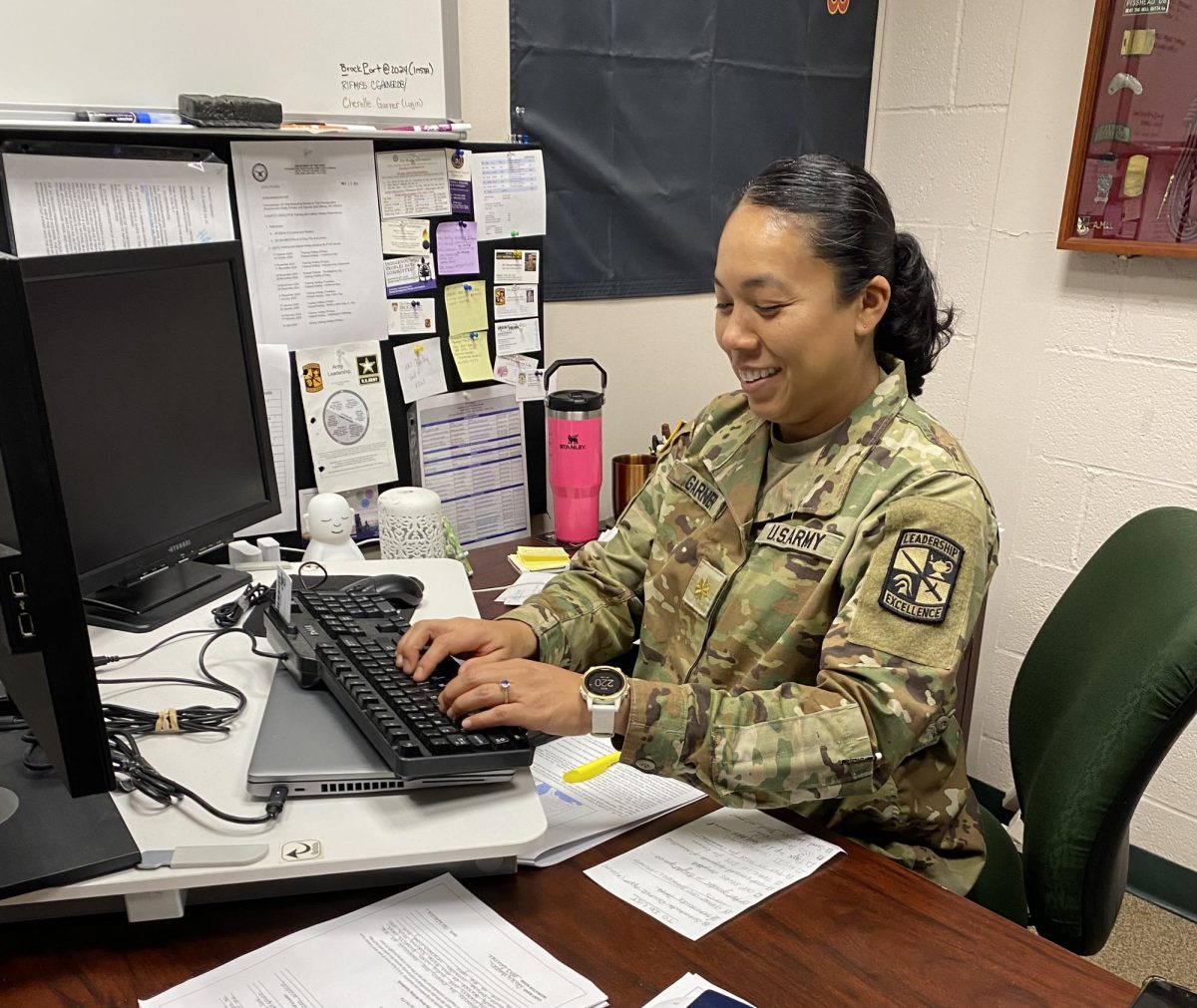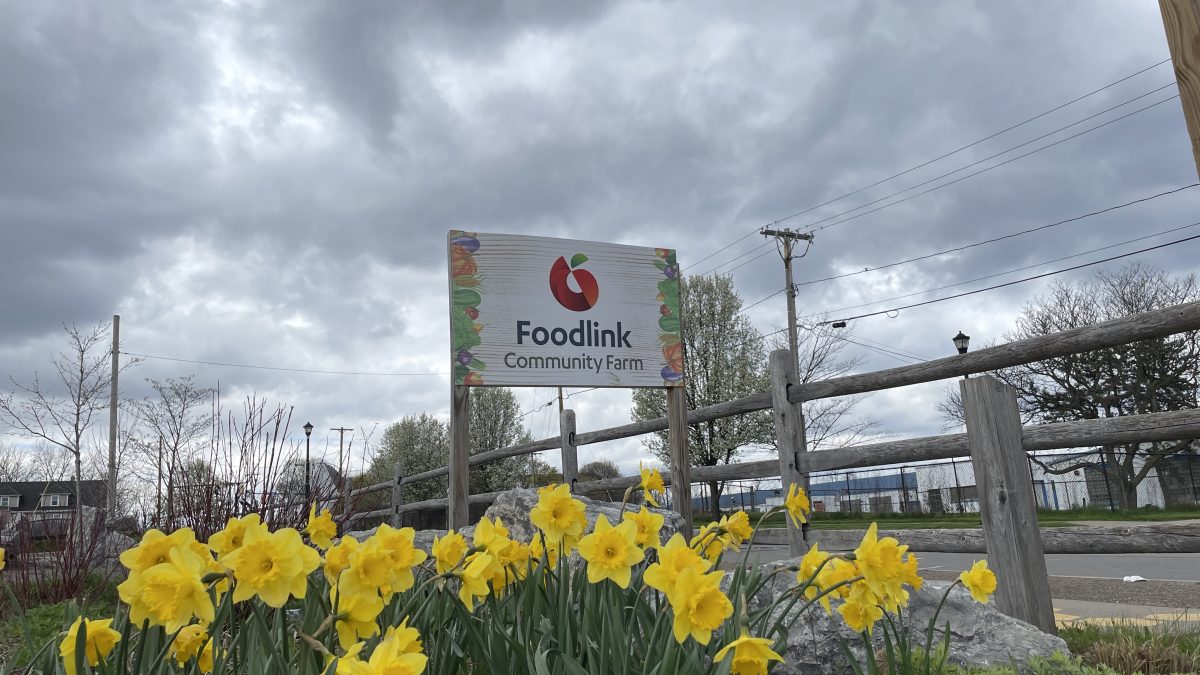By Lenora Kasper
2020 feels like it was five years ago and yesterday all at the same time. While most people are fatigued by the never ending toll the pandemic has taken on our lives, front-line health care workers are drained and exhausted after long hours of dealing with constant sickness and death. Hours are increasing while the staff is decreasing and hospitals are at their breaking point. All of this means nurses have to take on more patients and even more responsibilities.
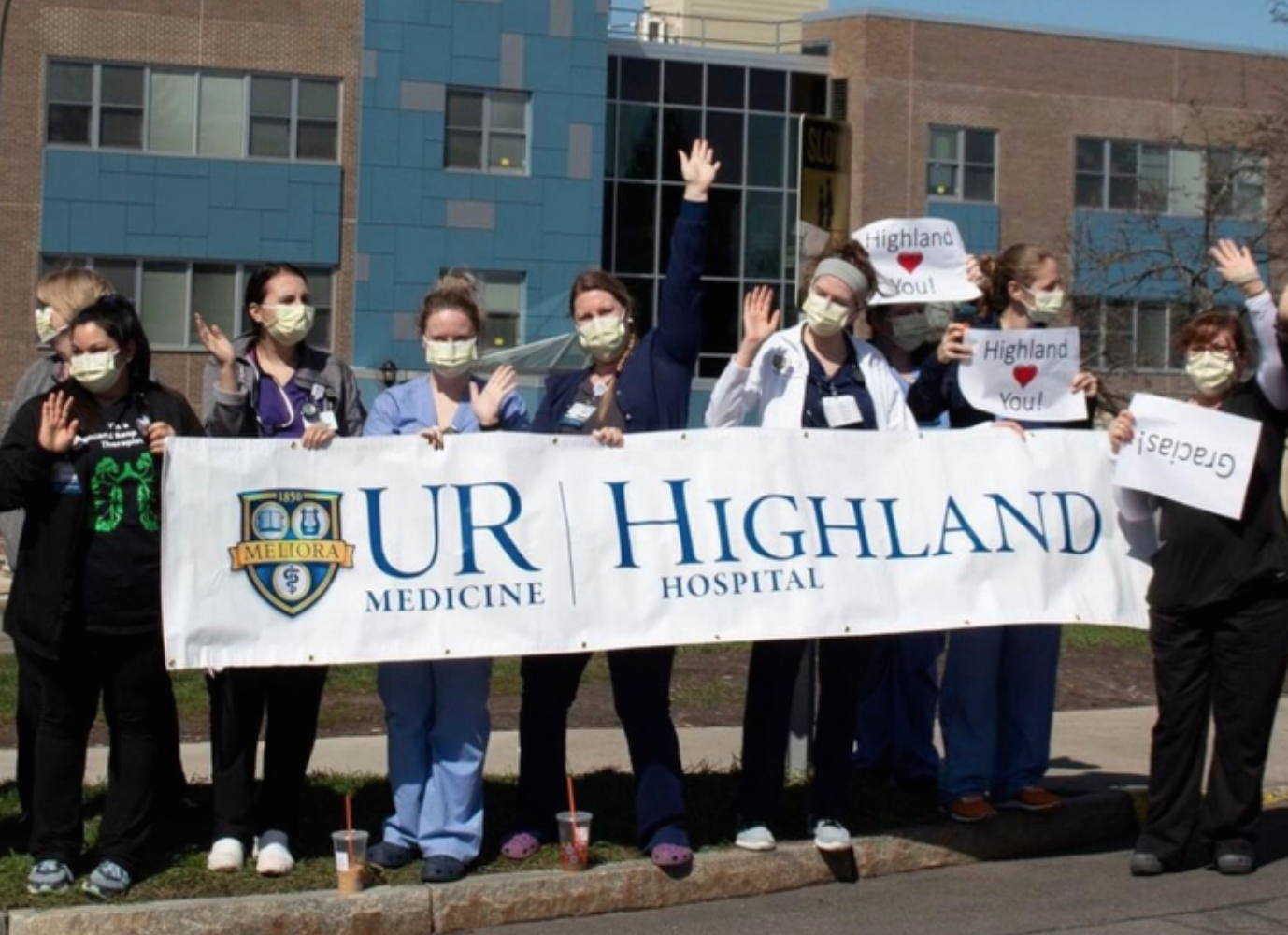
Bryn McGrath is a Registered Charge Nurse at Highland Hospital. She graduated from SUNY Brockport and started working at the hospital in 2019. She claims she didn’t necessarily want to be a charge nurse and take on the extra responsibilities while receiving only a dollar raise. But, they simply didn’t have enough nurses on the floor so she reluctantly took the position in the midst of the pandemic.
“We’ve had a lot of turnovers but from October to now… so many. We’ve lost half of our original staff,” said McGrath.
One member of the staff that left is Registered Nurse Macarena Barballo. She left Highland Hospital in December of 2021 to join the traveling nurse program.
“I was given an offer I couldn’t refuse,” Barballo said. “I was only at Highland for a year and a half but everyone who started at the same time as me has left. I was the last one, they’re all gone. [The hospital] didn’t take into consideration all of our hard work. I feel like every day I was debating if I should leave or stay. I’m happier now that I did leave, I feel more supported.”
The lack of help a hospital has doesn’t keep patients from coming in. More beds will always be added when they’re needed. This becomes a problem when almost every room has two beds in it and the cramped hallways are full of gurneys occupied by patients.
“In October the entire hospital’s capacity was at 102%. That’s when everything was really bad for me. I remember we had all of our hallway beds open, they were trying to make our private rooms into semi-private rooms again. It was just crazy, we had so many patients. They were treating people in the hallways of the emergency room,” McGrath said.
According to the Journal of the American Medical Association, hospitals that routinely staff with 1:8 nurse-to-patient ratios experience five additional deaths per 1,000 patients than those staffing with 1:4 ratios.
“My manager has fought them to open two extra private rooms. Our max beds are 27 and the rooms are so small and narrow we can’t fit two beds in them so patients have to stay on gurneys. They open our hallway beds no matter how much staffing we have. I’ve had seven patients recently but I’m only supposed to have four or five,” McGrath said.
Most medical workers are leaving because they’re just simply overworked. The nation came together to celebrate front-line workers for a couple of months at the height of COVID. Then, it seems like everyone forgot about them.
Being overworked isn’t the only reason why there’s a decrease in hospital staff. Some have received better offers in travel nursing, where they work for a travel company and not the hospital. Some are tired of feeling exhausted and under appreciated and in a lot of cases, like Barballo’s, it’s all of those reasons and then some.
2020 feels like it was five years ago and yesterday all at the same time, but for health care workers it feels like forever ago- with no end in sight.


